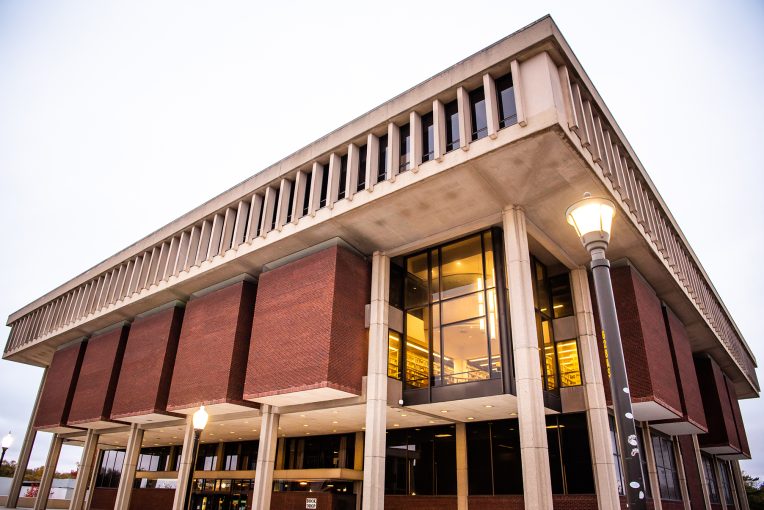Milner Library Digitization Center, in conjunction with the Dr. Jo Ann Rayfield Archives and ISU ReD, seeks Illinois State alumni and current or former faculty and staff persons from minoritized backgrounds interested in being interviewed for Milner Library’s ongoing oral history project. Now in its third year, this project aims to preserve and provide long-term access to the memories of Illinois State affiliates in their own voices and on their own terms.
Those interested in being interviewed should fill out this form or contact Milner Library’s Digitization Center Coordinator Karmine Beecroft directly at kbeecro@IllinoisState.edu. Interviews will continue throughout the summer.
Frequently Asked Questions
- What are oral histories and how do they differ from other types of archival records?
Oral history is an interview-based research methodology that highlights the lived experiences and perceptions of the interviewee. Per Donald A. Ritchie, author of Doing Oral History (Oxford University Press, 2014), “memory is the core of oral history.” He goes on to note that “oral [histories may] confound rather than confirm our assumptions, confronting us with conflicting viewpoints and encouraging us to examine events from multiple perspectives.”
As a discipline and community of practice, oral histories are based on informed consent; they are conducted in a collaborative manner and prioritize the interviewee’s wishes in how their stories are represented and accessed. In addition to preserving recollections that may exist nowhere else in the historical record, oral histories have also been shown to elicit a deeply personal and empathetic connection with the past—something that can become lost when researchers rely solely on other types of archival documents.
- Why are you seeking interviews with people from minoritized backgrounds?
People from minoritized backgrounds, such as people of color, people with disabilities, immigrants, first-generation college students, and queer people, have been a part of ISU’s story from the beginning. However, due to past collecting practices that focused on those in power, their voices are often buried or missing from the historical record all together. The Milner Library Digitization Center, in partnership with the Dr. Jo Ann Rayfield Archives, seeks to fill in some of these gaps and erasures to help show today’s diverse student body that people like them have always been here—and may even have faced some of the same issues they’re dealing with now.
- If I agree to participate, what will happen to my interview?
There are several access levels and modalities Milner Library can offer. Interviewees will have the opportunity to listen to their interview before deciding how to move forward. While the majority of the interviews that have been conducted so far are available online in the University’s institutional repository, ISU ReD, you may decide not to make your interview available at all (we would then provide you with a copy of the recording and destroy our own), have it embargoed for a certain number of years, or specify other restrictions (to be discussed with the university archivist). You will also be able to make small edits to or provide clarification in the transcript of your interview if desired.
- What is the interview process like?
You will be contacted by a Digitization Center student employee to set up an interview time and also decide on the parameters of the interview together. You will be able to tell your interviewer what topics you would like to focus on as well as those you would like to stay away from. Interviews may be conducted via Zoom or in person (in-person interviews are currently audio-only). You will be provided with a list of questions to guide the interview at least a week in advance, though the conversation is designed to be free-flowing and not all planned questions may be asked. The interview will last about an hour.
- I am a recent graduate or current staff person/faculty member. Do you want to interview me?
Yes, we are seeking alumni from all decades, as well as current or former faculty and staff. Libraries and archives tend to plan very long-term—you may not think of your experiences as “historical” right now, but through careful stewardship and platform maintenance, we aim to preserve access to our stories and voices for decades, if not centuries, into the future.
For more information on Milner’s Digitization Center, the Dr. Jo Ann Rayfield Archives, ISU ReD, or other ongoing library projects, visit Library.IllinoisState.edu.

